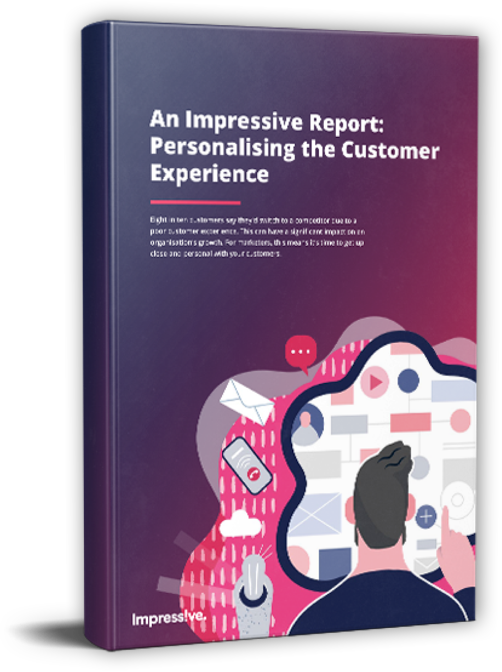There is good SEO – great content, with plenty of organic links, deployed on well-constructed pages that puts your website on that all-important first search engine results page. On the other hand, there is not-so-good SEO – your content doesn’t quite hit the mark, leading your competitors to outrank you. And then there is the dreaded Google penalty. No one wants a Google penalty.
So where do we stand with AI and SEO? Is artificial intelligence helping businesses hit their ‘good SEO’ targets cheaply and effectively? Or is Google just going to penalize your AI strategy?
Right now… it’s difficult to tell. In the past, Google has frowned upon AI content generation. However, early in 2023, Google sought to clarify its position – no harmful or illegal activities, abuse or service disruption, no misinformation or spam, and no sexually explicit content. Google also made automated AI-based decisions on YMYL topics – “Your Money or Your Life”, basically any topic that can affect the health, wealth, political and social activities, or general well-being of the user.
Fairly useful information, maybe, but still a little vague. If you can avoid all of the above with AI-generated – or AI-assisted – SEO content, will you still get penalized? In theory, no. It all comes down to quality. At the moment, as long as the quality is high, it seems that you can achieve strong SEO results with AI-generated content, and this is a really big deal.
Streamlined, Efficient, and Super-Effective – AI is Making SEO Better
Let’s start with the good stuff. What can you expect from AI content creation?
A More Efficient Way of Doing Things
Let’s say you use an AI tool to create a blog post for your gardening business. The blog post discusses some of the different materials your customers can use as they design their outdoor space and contains lots of really useful information on how to care for these materials, how much they cost, how long they can be expected to last, and so on.
Even if you or one of your team needs to edit, check, and modify some of the information – this is what we mean by AI-assisted rather than AI-generated – you’ve still saved yourself a lot of time and money, and you’ve got yourself a great piece of content that’s going to perform well on Google’s SERPs. Remember, SEO is all about giving the end user what they want, not just what Google wants to see or what you want to produce.
Honing in On Specific Content Consumers
Generic content is no good. You need content that is personalized and targeted towards your specific users. While this personalized approach might seem beyond the capabilities of AI, this is not the case – as long as the right data is fed into your creation tools, content can become highly personalized indeed.
By utilizing data from your customer profiles and by examining user behaviors and locations, AI tools can deliver content to specialized groups. This, in turn, maximizes the potential for conversion. In terms of things like local SEO, this could be particularly effective, as AI tools can hit all the required marks for achieving genuine local optimization.
Limited, Unreliable, and Dangerous – AI is Making SEO Worse
But what about the counter argument? Is AI really the magic bullet in your SEO strategy? Not just yet. Here’s why many are not fully sold on an AI-based SEO focus.
Firstly, we’ll look at the biggest current hitter in the AI field – the word on everyone’s lips: ChatGPT.
Limited Datasets
ChatGPT has been trained on a vast field of data and can produce great results within the right set of parameters. But this data only extends up to 2021 – statistics and updates beyond this point are outside of the tool’s scope. The tool is currently static – it does not currently connect to the internet, and so its data is rapidly becoming out of date.
A Lack of New Content
Outside of ChatGPT, there are other issues associated with AI-generated content. One of the things we’ve still not addressed is new content. In other words, fresh content that hasn’t been created before. Currently, AI is going to struggle here. It’s only working with pre-existing datasets, and it lacks the interpretive faculties required to craft something genuinely novel. You’re still going to need your human content creation teams to achieve this.
Google is Genuinely Concerned
In April 2023, Google chief executive Sundar Pichai called for global regulation on AI, citing the enormous potential harm the technology could cause if left unchecked. Problems like misinformation, chatbots and automated content generators sowing seeds of discord and hate, and deep fake AI-generated images are high on the agenda and causing serious concern.
While this runs a little deeper than a simple AI strategy, it does give us something interesting to think about. If those at the very top of the Google hierarchy are concerned about AI and are calling for its regulation, the organization may shift its focus in the future. Google has shown that it is perfectly happy to shift its goalposts, and this could lead to a clampdown on AI-generated content in the future.
AI is Not Going Anywhere Soon
AI might be limited for SEO purposes, but it’s only going to improve. Already, this technology is sending shockwaves through the industry, and digital marketers need to be aware of what’s coming next.
Want to discover more about where your strategy goes from here? Let’s chat – contact our team today to see what Impressive can do for you.















